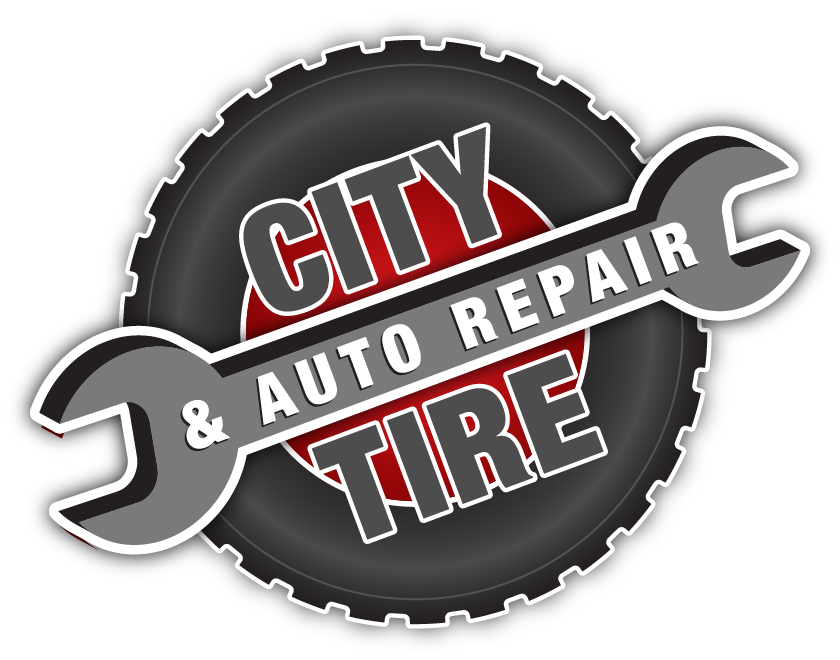Morris Tire Service: Where Precision and Performance Converge
Morris Tire Service: Where Precision and Performance Converge
Blog Article
The Environmental Advantages of Proper Tire Upkeep
Maintaining correct tire care is commonly ignored, yet its impact on the setting is profound. From lowering gas usage to decreasing discharges output, the benefits are far-ranging. Proper tire upkeep not just extends the life-span of tires however also reduces land fill waste and contributes to enhanced air quality. The interconnectedness of these advantages highlights the crucial role that simple maintenance practices can play in promoting ecological sustainability.
Decreased Gas Usage
Improving tire upkeep techniques can lead to a substantial reduction in gas consumption for cars. According to the United State Division of Energy, underinflated tires can reduce gas mileage by 0.2% for every 1 psi decrease in pressure in all four tires.
Along with tire stress, normal tire turnings and positionings likewise play a crucial role in gas performance. Erratically worn tires can enhance fuel consumption as the engine functions harder to keep rate and grip. By preserving appropriate positioning and turning tires at suggested periods, vehicle drivers can make certain also use and prolong the life of their tires, eventually conserving gas and minimizing their carbon impact.
Extended Tire Life-span
Prolonging the life expectancy of tires is a crucial facet of reliable car maintenance techniques that can generate cost financial savings and ecological benefits in the future. By appropriately preserving tires, drivers can significantly lengthen their functionality, reducing the regularity at which new tires need to be made and old ones dealt with. This not just saves important sources however additionally lessens the power and emissions associated with tire manufacturing and disposal processes.
On a regular basis checking tire stress, turning tires, and making certain correct alignment are crucial action in expanding tire life expectancy. Adequate walk deepness is crucial for optimum traction and security, but it also contributes in for how long tires can be utilized before requiring replacement. Furthermore, staying clear of aggressive driving habits that accelerate tire wear, such as rough braking and sharp turns, can further boost tire resilience.
Inevitably, enhancing the long life of tires with aggressive maintenance not only profits the atmosphere by decreasing waste and conserving sources but also brings about set you back savings for vehicle owners by delaying the requirement for brand-new tire acquisitions.
Reduced Exhausts Result
Efficient tire upkeep practices add to a decrease in exhausts outcome, straightening with ecological sustainability objectives in the automobile industry. Correctly inflated tires, regularly rotated and lined up, can enhance fuel effectiveness, thus lowering the general carbon dioxide discharges from automobiles. When tires are underinflated, the engine should work more difficult to drive the lorry, resulting in enhanced gas intake and greater exhausts. By preserving ideal tire pressure levels, chauffeurs can help minimize these negative ecological impacts.
Additionally, well-kept tires also boost traction and reduce rolling resistance, better improving fuel performance. This, subsequently, minimizes the amount of exhaust gases launched right into the atmosphere. In addition, making sure tires are effectively pumped up and lined up can extend the lifespan of the tires, lowering the regularity of tire replacements and the linked environmental prices of tire manufacturing and disposal.

Lowered Land Fill Waste
Offered the positive influence of proper tire upkeep on decreasing exhausts outcome, another substantial ecological advantage is the potential for reduced land fill waste. They wear out quicker and require to be changed browse around these guys much more often when tires are not kept correctly. This results in a greater volume of utilized tires being dealt with in garbage dumps. Nevertheless, by ensuring that tires are appropriately blown up, straightened, balanced, and rotated on a regular basis, their life-span can be considerably prolonged. This indicates that less tires finish up in read garbage dumps, minimizing the quantity of non-biodegradable waste in these currently overruning websites.

Improved Air High Quality
Enhancing air quality with correct tire maintenance techniques is an essential facet of lasting ecological stewardship. When tires are underinflated, they create a lot more rolling resistance, resulting in raised gas intake and greater emissions of unsafe pollutants such as carbon monoxide gas and nitrogen oxides. Properly inflated tires not just boost fuel performance but likewise lower the amount of pollutants released right into the air.
Moreover, well-kept tires with correct tread deepness and alignment contribute to much safer motoring problems, minimizing the chance of accidents that can lead to the launch of added pollutants right into the atmosphere. By prolonging the life expectancy of tires via normal upkeep and turning, fewer tires are discarded prematurely, reducing the ecological impact of tire disposal and manufacturing processes.
Verdict
In verdict, appropriate tire maintenance offers countless ecological benefits. It is essential for individuals to focus on tire maintenance as a simple yet reliable method to safeguard the environment for future generations.
Correct tire maintenance not Click Here just prolongs the lifespan of tires yet likewise lowers garbage dump waste and contributes to boosted air quality - tire shop near me. By preserving correct positioning and rotating tires at suggested periods, motorists can ensure also wear and lengthen the life of their tires, eventually saving gas and decreasing their carbon footprint
By appropriately preserving tires, drivers can substantially lengthen their functionality, minimizing the regularity at which new tires require to be manufactured and old ones disposed of.Routinely examining tire pressure, turning tires, and ensuring appropriate positioning are essential steps in expanding tire life-span. Additionally, ensuring tires are correctly pumped up and straightened can extend the life expectancy of the tires, decreasing the frequency of tire replacements and the connected environmental expenses of tire manufacturing and disposal.
Report this page